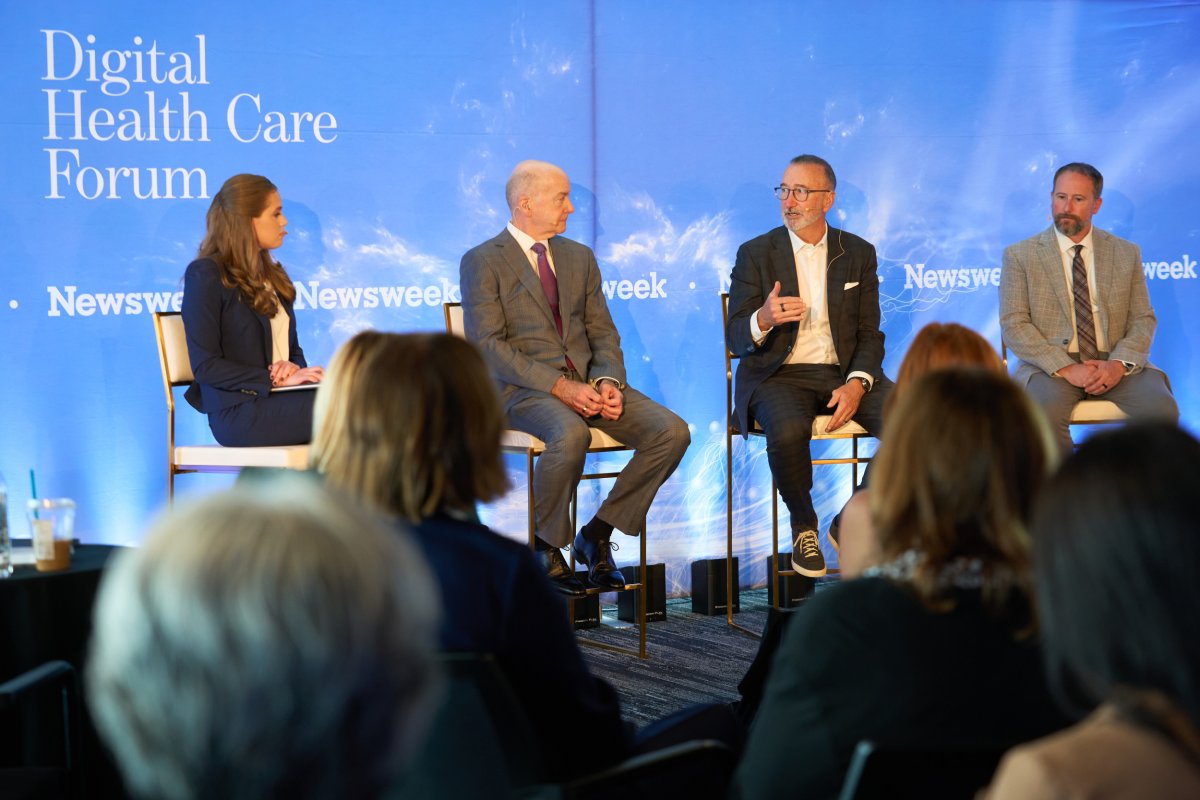-
Trump Invokes Kirk’s Killing in Seeking to Silence Opponents on Left - 21 mins ago
-
Image Shows Trump Greeted by Giant Epstein Picture on Windsor Castle - 35 mins ago
-
California governor hopefuls defend Democratic gerrymander - 50 mins ago
-
Our Allies Are Asking: Why Does Putin Still Own Trump? - about 1 hour ago
-
Amazing Stat Illustrates How Chargers’ Defense Suffocated the Raiders - about 1 hour ago
-
Train derails in downtown Los Angeles. Now Metro has to move it - 2 hours ago
-
NFL Insider Reveals Expected Date for Browns’ QB Change - 2 hours ago
-
Democrat Wins Seat of Slain Minnesota Lawmaker, Leaving State House Evenly Split - 2 hours ago
-
He brandished a knife at SoCal teen, demanded her tea, authorities say - 2 hours ago
-
Colin Cowherd Makes Wild Claim About 49ers’ Mac Jones - 2 hours ago
Elon Musk Says Trump Tariffs Will Hit Tesla: ‘Cost Impact Not Trivial’
Tesla CEO Elon Musk has cautioned that newly announced car tariffs by President Donald Trump will significantly impact the electric carmaker, particularly due to its reliance on foreign-made parts.
The remarks, shared on Musk’s social media platform, X, followed Trump’s announcement of sweeping 25 percent tariffs on all imported vehicles into the U.S.
Newsweek contacted Tesla for a response to the tariffs via email.
Why It Matters
Trump’s tariffs are aimed at reducing the U.S. trade deficit and incentivizing domestic manufacturing. While Tesla builds vehicles in California and Texas, its globalized supply chain leaves it vulnerable to cost hikes from tariffs on imported parts.
The U.S. imported $474 billion in automotive products last year, with $220 billion of that being passenger cars. Key trading partners affected include Mexico, Canada, Germany, Japan and South Korea, all of which have raised concerns or threatened retaliatory measures.
What to Know
The tariffs, which Trump said would take effect April 3, target all non-U.S.-made vehicles and parts, directly hitting supply chains used by domestic manufacturers, including Tesla.
After the announcement, the pro-Musk X account Tesla Owners Silicon Valley suggested that Tesla could benefit from the tariffs, as the bulk of its assembly process happens in the U.S.
But despite Tesla assembling cars in the U.S., many of its components, such as electronics, suspension systems and glass, are sourced internationally, and Trump’s tariff policy ramps up the costs on those products.
“To be clear, this will affect the price of parts in Tesla cars that come from other countries. The cost impact is not trivial,” Musk wrote on social media in response to the post.
“Important to note that Tesla is NOT unscathed here. The tariff impact on Tesla is still significant.”

Getty Images
Trump announced the tariffs Wednesday, saying they are intended to “protect American jobs” and reverse trade imbalances.
“All cars that are not made in the United States” will be subject to the new 25% levy, he said, according to CNBC. The move has already rattled markets, and sparked condemnation from U.S. allies.
Canadian Prime Minister Mark Carney branded the tariffs a “direct attack” on Canadian workers and promised retaliation, while German Economy Minister Robert Habeck called for a “firm response,” emphasizing the risk to Europe’s automotive sector.
Trump also dismissed the idea that Musk could have influenced the policy, telling reporters that Musk “didn’t advise on the tariffs because he may have a conflict,” and added that Musk “never asked me for a favor in business whatsoever.”
What People Are Saying
A spokesperson for Tesla wrote in a letter to the U.S. trade representative: “Even with aggressive localization of its supply chain domestically, certain parts and components are difficult or impossible to source within the United States.”
The company urged the representative to “consider the downstream impacts of certain proposed actions taken to address unfair trade practices.”
Rella Suskin, an equity analyst at Morningstar, told Newsweek: “European automakers have been increasing their presence in the U.S. to counter subdued growth in Europe and significant declines in sales in China. However, with U.S. car prices likely to rise significantly, demand is expected to drop, potentially undermining their strategies for geographic diversification and growth.
What Happens Next
The tariffs are scheduled to go into effect on April 3. As U.S. allies consider their response, including possible retaliation through WTO channels or reciprocal duties, the global auto market faces a period of heightened volatility.
Source link












